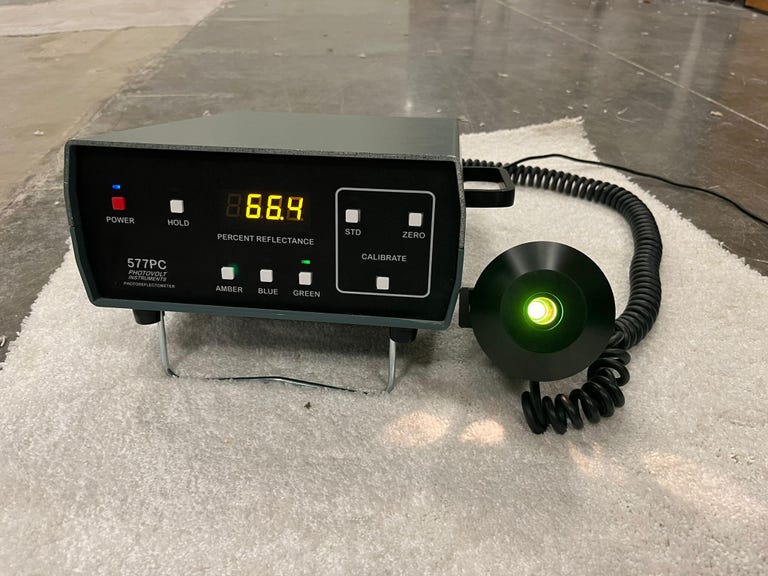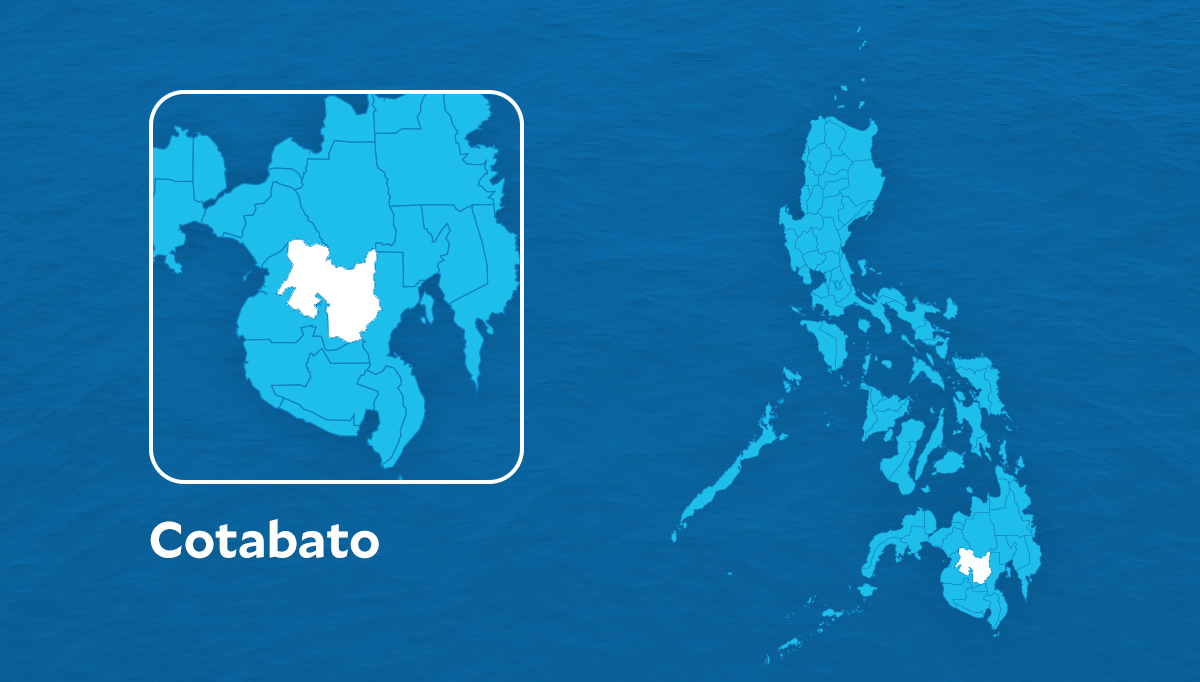During a public hearing held on Tuesday in the Committee on Infrastructure (CI) (23), senators questioned the deadlines for transferring funds from the Union to the states and municipalities managed by the Caixa Econômica Federal. The debate was attended by representatives of Caixa and the National Bank for Economic and Social Development (BNDES), who discussed work on the new Growth Acceleration Plan (PAC) of the federal government, launched in 2023. The meeting fulfilled the request (REQ) 74/2023 by Senator Confúcio Moura (MDB-RO), president of the collegiate church.
According to Senator Veneziano Vitala do Rêgo (MDB-PB), the legislation sets a limit of up to 540 days for administrative procedures regarding work carried out by the state or municipality using EU funds. For him, this is a long and generic time loss in delivering results.
— If we imagine that the administrator has a limit analysis of 540 days, that means almost two years to complete a large project. It is possible that he will not complete a single work. There is no time to implement what the selected manager proposes. [Esse é] basis widely used by supporters of the permanence of the re-election institute, the senator said, pointing to the impact on discussions about the end of re-election in terms of electoral reform, which is processed as a supplement bill (PLP). 112/2021.
Senators Zequinha Marinho (Podemos-PA) and Fernando Farias (MDB-AL) also stated that they were receiving complaints from mayors regarding delays in Caixa procedures.
Caixa is the official financial institution responsible for managing the Agreement and transferring the funds made available by the Union to the federating entities, as required by Decree 11,531 of 2023. In the PAC work approved for 2024, states, federal district or municipalities can implement R$13.1 billion, representing 24% of the total, according to the federal government's Integrated Planning and Budget System (Siop).
Legislative change
Caixa's Superintendent of Government Services, Flávio Gavazza, stated that Caixa has already presented Planalto with a proposal to shorten the deadline and set new, detailed limits for PAC work. For him, the problem lies in legislation, not in the management of Caixa.
— [Prazo de até] 540 days is not reasonable […] Slowness represents much more in the rule followed than in the Caixa itself […] We have already presented [sugestões] to the Ministry of Management and Innovation [em Serviços Públicos] in order to adapt both Regulations 33 [de 30 de agosto de 2019]regulating the general budget of the Union, as well as the potential construction of a detailed PAC regulation […] Meta [de prazo] Our analysis shows that a maximum of three months elapse between the opening of the tender and the signing of the contract. It depends on this regulation.
According to him, processes can be completed ahead of schedule, but public managers' planning usually leaves the most complicated elements until the end.
— [Muitas vezes] The mayor ultimately prioritizes the resources he finds easiest to use, and leaves last the one that is more complex and requires more information. As a result, he postpones the production of documents until later and uses this time, which is too much, Gavazza said.
Responsibility
Senator Janaína Farias (PT-CE) stated that mayors are afraid of being held accountable for the irregularities detected by the review courts in light of the many documents presented.
In response, Gavazza agreed that there are requirements that result in little or no risk cancellation and that require review. According to him, the recruitment process in kindergartens and early childhood schools has already been simplified. The Caixa representative also pointed out that transfers through the EU will have greater transparency throughout the process via the Transferegov website, which will centralize the entire process and allow for greater scrutiny by reviewing courts and the public.
— Unlike the past, PAC has a unified transfer monitoring system, which is a platform of the federal government. Anyone can access the platform and check the status of the operation, who they are with, whether they are in the Ministry, whether they are in the entity, if they are in Caixa, what is the financial situation of the application… – said the superintendent.
PAK financing
BNDES (National Bank for Economic and Social Development) Director of Project Planning and Structuring Nelson Barbosa said most of the public bank's financing for PAC's work comes from BNDES. By 2026, this figure will reach R$270 billion, representing approximately 61% of public bank investments.
According to him, the institution uses the values provided for in the Federal Constitution of the Employee Assistance Fund (FAT) and makes large contributions. Thanks to this, the bank can safely finance up to 30 years. Nelson Barbosa also supported the state company's access to new resources through the issuance of bonds by development banks, which is the subject of work on Law (PL) 6,235/2023, which is being considered in the Chamber of Deputies.
— We have an increase in FAT, which is still our main source, growing by an average of A$20 billion per year. So that we can support PACs and other initiatives, we [também] for our part, we must capture and have resources that are not solely dependent on the state treasury [Nacional]. We propose the creation of a “development letter of credit”, which would be a national bond only for development banks. Over there [os bancos de desenvolvimento] they can capture it in the market themselves,” said Barbosa Filho.
New PAK
According to the BNDES director, between 2023 and 2026, the federal government is projecting spending of A$1.7 trillion on the new PAC. The axis that will receive the most investment is “sustainable and resilient cities” (R$609.7 billion), followed by “energy transition and security” (R$540.3 billion) and “efficient and sustainable transport” (R$349.8 billion). R$ billion). According to him, the topic of sustainable development is one of the main novelties of the program.
— Another difference between PAC 3 and PAC 1 and 2 [lançados em 2007 e 2011, respectivamente] there is a much greater emphasis on public-private partnerships and concessions. And also in green infrastructure, forestry, river, lake and ocean resources and social infrastructure, [como] health, education and public safety, he said.
Questioning the works planned for the state of Mato Grosso, Senator Jayme Campos (União-MT) noted the importance of highways and other similar works for the economy.
— We know that logistics infrastructure is crucial to Mato Grosso's economic competitiveness, especially with regard to the movement of our agricultural harvests.
Not all the funds to be used in the PAC by 2026 come from the Union budget, which Barbosa said should pay out a total of Rp 371 billion. The private sector (R$612 billion), state-owned companies (R$340 billion) and public banks (R$440 billion) will also pay for the investments.
Agência Senado (reproduction authorized based on the quote from Agência Senado)





